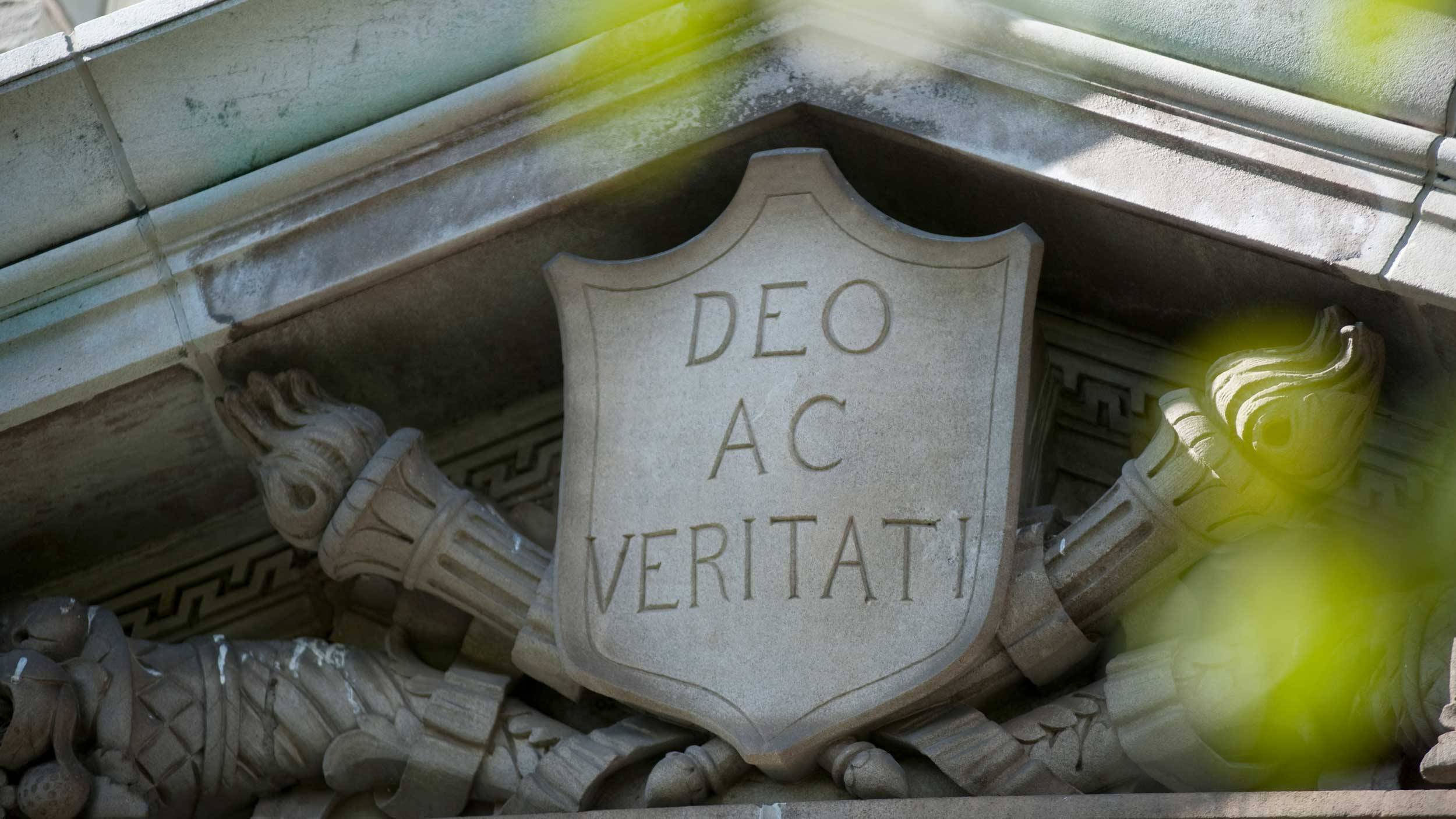Colgate students and professors gathered at Donovan’s Pub on Oct. 17 to hear faculty and staff opinions related to the recent controversial Dobbs v. Jackson Women’s Health Organization Supreme Court decision. The decision upholds that the Constitution of the United States does not grant citizens a right to abortion, famously overturning Roe v. Wade.
Panelists discussed the morality and justifications of abortion in the United States as well as the modern world as a whole. Titled “Agree to Disagree: The Morality of Abortion and the Dobbs Decision,” the panel discussion was moderated by Spencer Kelly, Hurley Family Chair and Professor of psychology and brain sciences, and sponsored by the Forum on Philosophy and Religion, the Center for Freedom and Western Civilization, Dart Colegrove Commons, and Hancock Commons.
Panel members included David Dudrick, George Carleton Jr. Professor of philosophy; Jenna Reinbold, associate professor of religion; and Renee Madison, vice president for equity and inclusion.
Before the panelists began introductions and stating their respective positions on the topic, Kelly emphasized that, rather than debating, the panelists would talk about their individual perspectives and attempt to understand one another.
“My moral position is tied very closely to certain kinds of discomforts I have with our political system, our legal system, and who makes laws and policies in our country,” Reinbold said. “I agree with one aspect of [the Dobbs decision] in the sense that it is a situation in which it involves two lives, and it is a great tragedy in the discourse around abortion that it has become politically difficult to talk about and acknowledge these two lives that are at stake here. I also agree with part of the dissent in that decision, that people who can get pregnant must be given a substantial amount of choice in how they navigate their situation.”
Coming from a law background in law, Madison shared her thoughts on the subject. “I look at it in terms of oppressive restriction and control over the right to liberty. With the opinion that abortion should be a state’s choice, my concern is that we are not well represented in Congress. [Women] are only about 27%, speaking in binary terms of folks who identify as women in Congress. A disproportionate representation of half of the population is significantly outnumbered; we are asking folks to make decisions on things they can never experience.”
Lastly, Professor Dudrick defended a pro-life standpoint. “It is morally wrong to intentionally kill innocent human beings. The second premise is that abortion is the intentional killing of an innocent human being and therefore, abortion is morally wrong. This argument is what philosophers call ‘valid,’ which means that if the premises are true then the conclusion has to be true.”
Having discourse across differences is really important, Dudrick added. “We who have the privilege to be at universities have, I think, the duty to engage in reasoned discourse about difficult topics, and to do so in a spirit of genuine curiosity and truth-seeking.”
